More than three-fifths of the editorial board of a biomedical sciences journal resigned after the publication’s operations moved from Hong Kong to Shenzhen, China, and the editors and software team were fired with 30 days’ notice.
GigaScience is published in partnership between Oxford University Press and GigaScience Press, the publishing division of BGI, a genomics company based in Shenzhen, according to their website.
On October 29, B.F. Francis Ouellette, a bioinformatics consultant, sent the resignation notice in an email addressed to Oxford University Press and the new editor-in-chief of the journal, Xun Xu. According to the email, which was signed by 30 of the journal’s 49 board members, those resigning became “increasingly concerned about the recent structural and editorial changes at GigaScience and how they may affect the journal’s long-standing commitment to publishing rigorously reviewed, reproducible research.”
Continue reading Dozens of board members resign from big-data journal after mass staff firings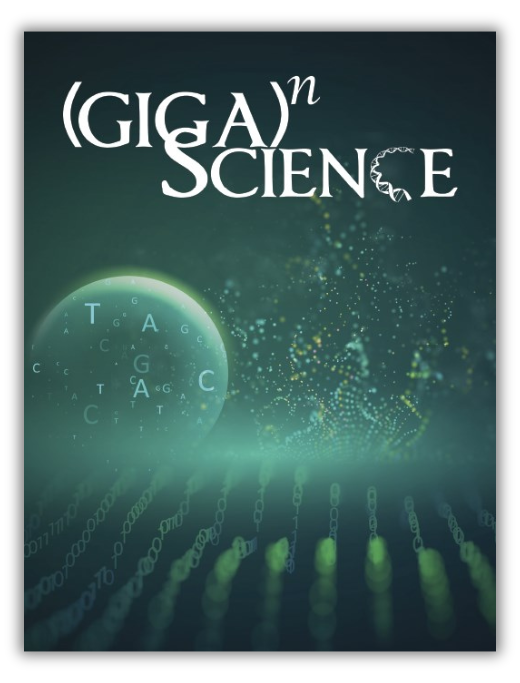

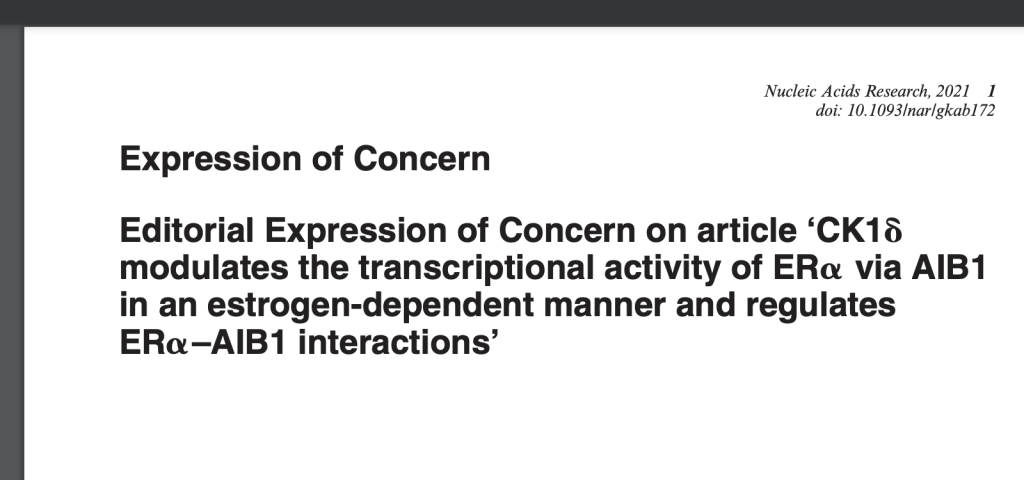
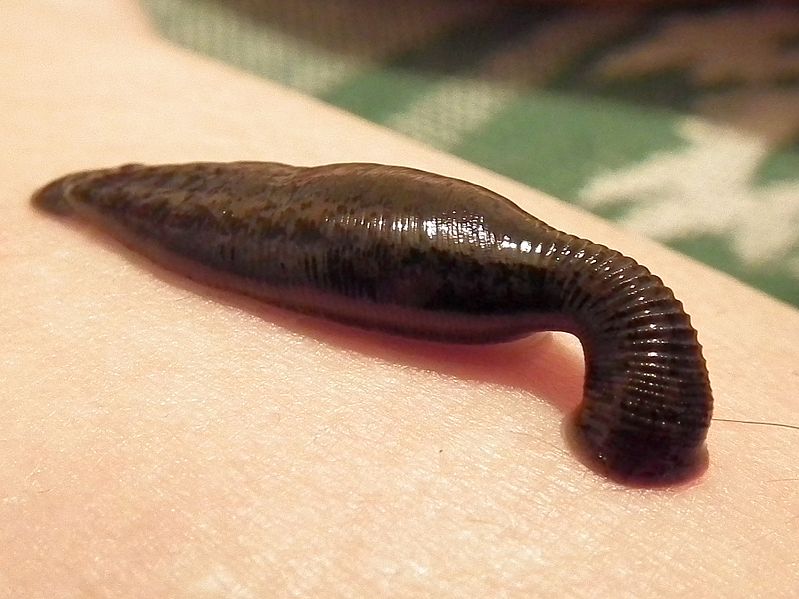
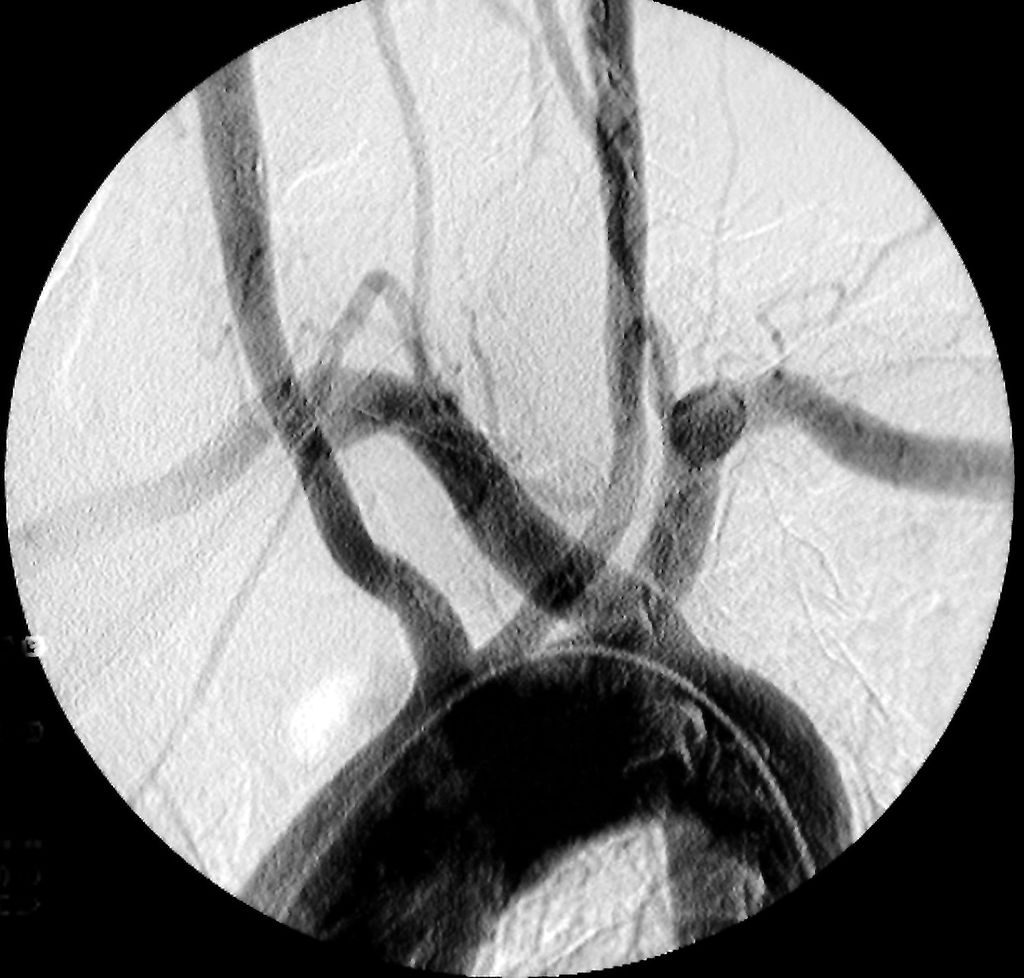
 Publishers love their
Publishers love their 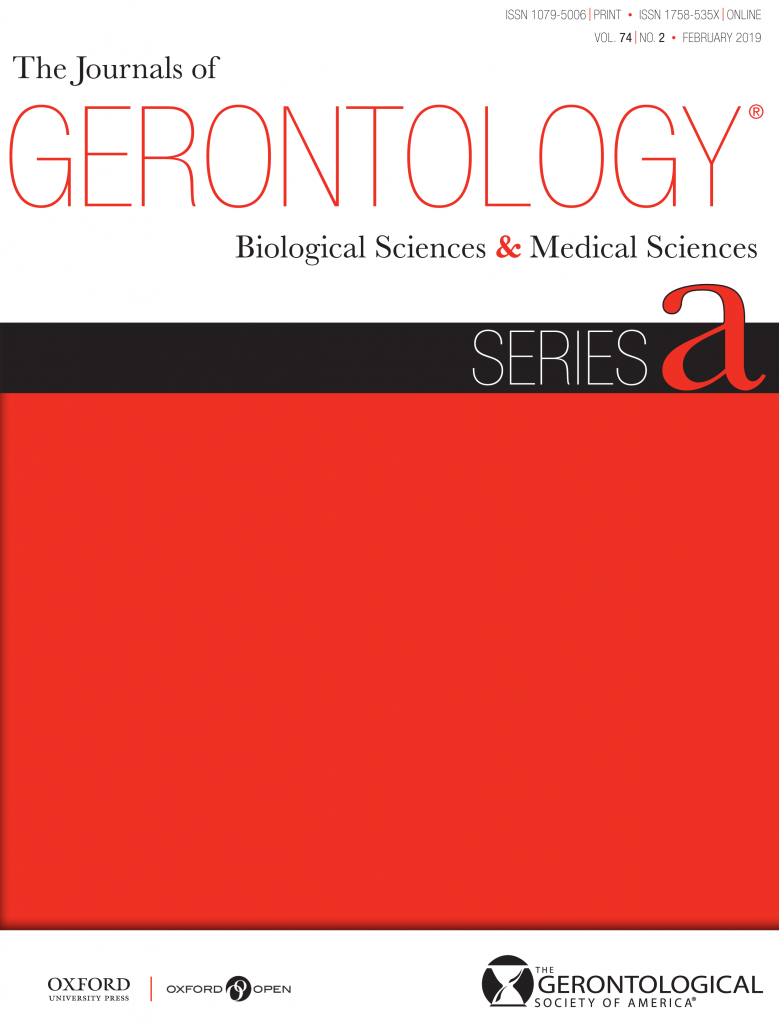

 Title:
Title: 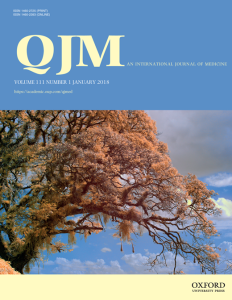 A medical journal has
A medical journal has